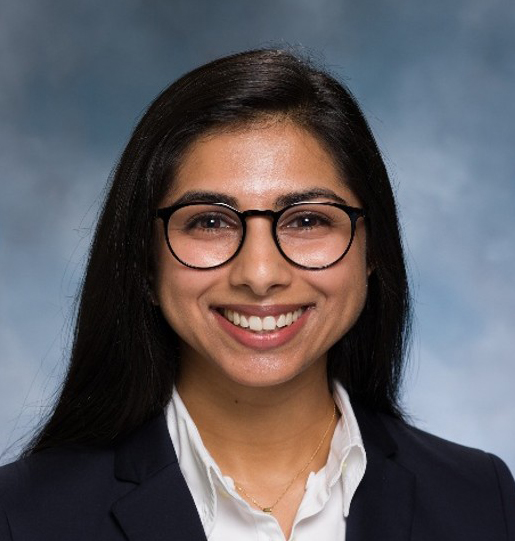Overview
 Dr. Nimgaonkar’s research focused on patients scheduled to receive cellular therapies such as hematopoietic cell transplant or chimeric antigen receptor T cell (CAR-T) therapy, who were infected with SARS-CoV-2 while awaiting treatment.
Dr. Nimgaonkar’s research focused on patients scheduled to receive cellular therapies such as hematopoietic cell transplant or chimeric antigen receptor T cell (CAR-T) therapy, who were infected with SARS-CoV-2 while awaiting treatment.
These patients become profoundly immuno-compromised while undergoing cellular therapy, and it was not known whether getting infected with SARS-CoV-2 beforehand, especially in cases where the infection was asymptomatic or very mild, warranted delaying their cancer treatment.
Different guidelines around the world recommended delaying cellular therapy for widely varying amounts of time, though these recommendations were based on expert opinion and not much concrete data was available. As a result, there were inconsistent clinical practices applied when patients tested positive for SARS-CoV prior to cellular therapy, sometimes leading to prolonged delays in their cancer treatments.
Research methods & Results
Dr. Nimgaonkar’s study used retrospective data from Fred Hutch to compare patients whose cellular therapy was delayed due to prior SARS-CoV-2 infection versus those for whom it was not.
She found that neither group experienced recrudescent SARS-CoV-2 or COVID-19 complications after undergoing cellular therapy. Most of the patients were vaccinated, and many received treatment for their SARS-CoV-2 infection, either with monoclonal antibodies or Paxlovid.
Her work suggests that in this setting, it is not necessary to delay cellular therapy for a mild or asymptomatic SARS-CoV-2 infection.
“Delays in cellular therapy can cause a lot of stress and anxiety, and in the worst cases lead to a progression of the underlying cancer. So, it was reassuring to see that it’s not necessary to delay critical cancer treatments for a mild infection.”
Dr. Nimgaonkar’s research was published in a first-author publication in Clinical Infectious Diseases.
After residency, she will continue her training in Medical Oncology at BC Cancer in Vancouver, Canada where she plans to continue doing research at the intersection of oncology, immunology, and virology.
“Thanks to Joshua Hill, the whole Hill Lab Group, Catherine Liu, Pavitra Roychoudhury, Leah Yoke, Nisha Bansal, Lisa Vande Vusse, Conrad Liles, and many others who supported me in doing this work!”


